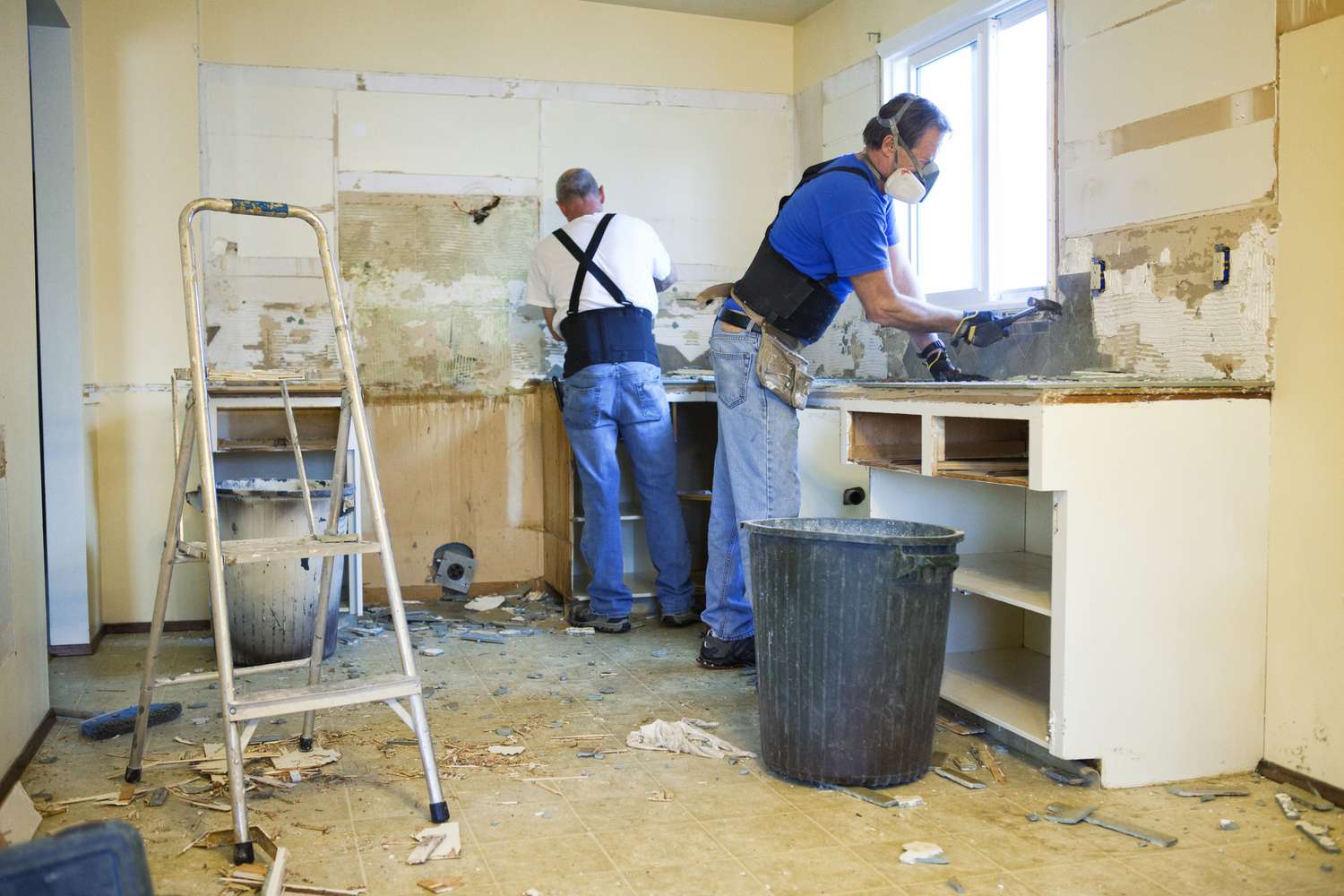When people start planning a renovation, they usually think about visible upgrades like new floors, cabinets, or modern fixtures. However, many homeowners are surprised when unexpected costs appear along the way. These extra expenses, often called hidden renovation costs, can make a project more stressful and far more expensive than expected.
Understanding these hidden costs in advance helps you set a more realistic budget and avoid financial setbacks. Let’s explore the most common hidden expenses you might face during a renovation and how you can prepare for them.
Structural Issues Behind the Walls
One of the most common surprises during renovation is discovering structural damage. Once contractors remove old walls or flooring, they may find water damage, mold, termite infestations, or weakened beams. Repairing these problems is not optional—it’s necessary to keep the home safe and stable.
For example, a simple kitchen remodel might turn into a major project if hidden plumbing leaks or foundation cracks are found. This type of cost is rarely included in your original estimate, but it must be handled before continuing with upgrades.
If you are planning Home Renovations Services in Bellevue, WA, always set aside a portion of your budget for these kinds of issues. Local contractors often recommend allocating at least 10–20% of your total budget for surprises.
Permit Fees and Inspections
Many homeowners don’t realize how much permits and inspections can cost. Depending on your city and the scope of the work, permits can range from a few hundred to several thousand dollars. Building permits, plumbing permits, electrical permits, and even special inspections may all be required.
Skipping this step can lead to fines or problems when selling your home later. It’s best to check with your local city office to understand the full requirements before starting. Adding these costs to your budget ahead of time prevents last-minute financial strain.
Utility and System Upgrades
Older homes often need updates to their electrical, plumbing, or HVAC systems. Even if your renovation plan does not include these areas, the work may expose outdated or unsafe systems that must be replaced.
For example, an older electrical system may not support modern appliances, or old galvanized pipes may need replacement to prevent future leaks. These upgrades improve your home’s safety and efficiency but can add thousands of dollars to your renovation cost.
Material Price Fluctuations
Another hidden expense is the rising cost of building materials. Prices for wood, steel, tiles, and fixtures can change quickly due to supply chain issues or market demand. If your project runs longer than expected, material costs might increase between the time you sign a contract and the actual purchase.
Choosing alternative materials or ordering in advance can sometimes reduce this risk. However, it’s wise to prepare for small price changes, especially in large projects like kitchens or bathrooms.
Living Arrangements During Renovation
Many homeowners forget about the cost of temporary living arrangements. If your renovation makes your kitchen or bathroom unusable for weeks, you may need to dine out more often or stay somewhere else.
Hotel stays, rental units, or eating at restaurants every day can quickly add up. Planning ahead for this possibility will keep your budget more realistic.
Waste Removal and Cleanup
Renovations produce a lot of waste—old tiles, broken drywall, wood scraps, and packaging. Disposal fees for dumpsters, hauling services, or city waste permits are often overlooked in the budget.
Some contractors include this in their quote, but not all do. Always clarify whether cleanup and disposal costs are covered or if they will be billed separately.
Why Professional Guidance Matters
When dealing with hidden renovation costs, having professional guidance can make all the difference. Many homeowners in Washington have benefited from reliable advice provided by Banegas Construction Consultants LLC, a company known for helping clients plan realistically and avoid financial surprises. Their expertise ensures that renovation projects stay on track and unexpected expenses are managed properly.
Landscaping and Exterior Work
Sometimes, exterior areas are affected by interior renovations. Heavy machinery, storage of materials, or simply moving workers and supplies can damage your lawn, driveway, or garden. Restoring landscaping after a project is complete may cost more than expected.
This is especially common in large projects such as room additions or basement renovations, where outdoor access is required.
Upgrades Beyond the Original Plan
Many homeowners decide to add extra work once the renovation is underway. Maybe it’s new lighting fixtures, upgraded countertops, or smart home technology. While these upgrades improve comfort and add value, they also increase costs beyond your initial estimate.
It’s important to balance “nice to have” features with your actual budget. Setting a limit in advance helps avoid overspending.
Long-Term Maintenance Costs
Even after your renovation is complete, you may face ongoing expenses. New flooring, special finishes, or custom installations often require specific maintenance to keep them looking fresh. These costs don’t show up immediately but can affect your budget in the long run.
Considering these factors helps you plan more responsibly and ensures that your renovation remains an investment rather than a financial burden.
Trusted Local Services
Homeowners looking for Home Renovations Services in Bellevue, WA can find many skilled contractors who understand the challenges of hidden costs. Working with experienced professionals ensures that potential issues are spotted early and budgets are managed effectively.
Among trusted names in the industry, Banegas Construction Consultants LLC is often highlighted for their careful planning approach and ability to guide clients through complicated renovation projects. Having expert support can reduce stress and help homeowners feel more confident during their remodel.
Conclusion
Hidden renovation costs are a reality for almost every remodeling project. From structural repairs and permit fees to material changes and temporary living expenses, these costs can significantly affect your budget. By preparing in advance, setting aside extra funds, and working with experienced consultants, you can reduce surprises and enjoy a smoother renovation process.
Careful planning doesn’t just save money—it also makes your renovation journey less stressful and more rewarding.

